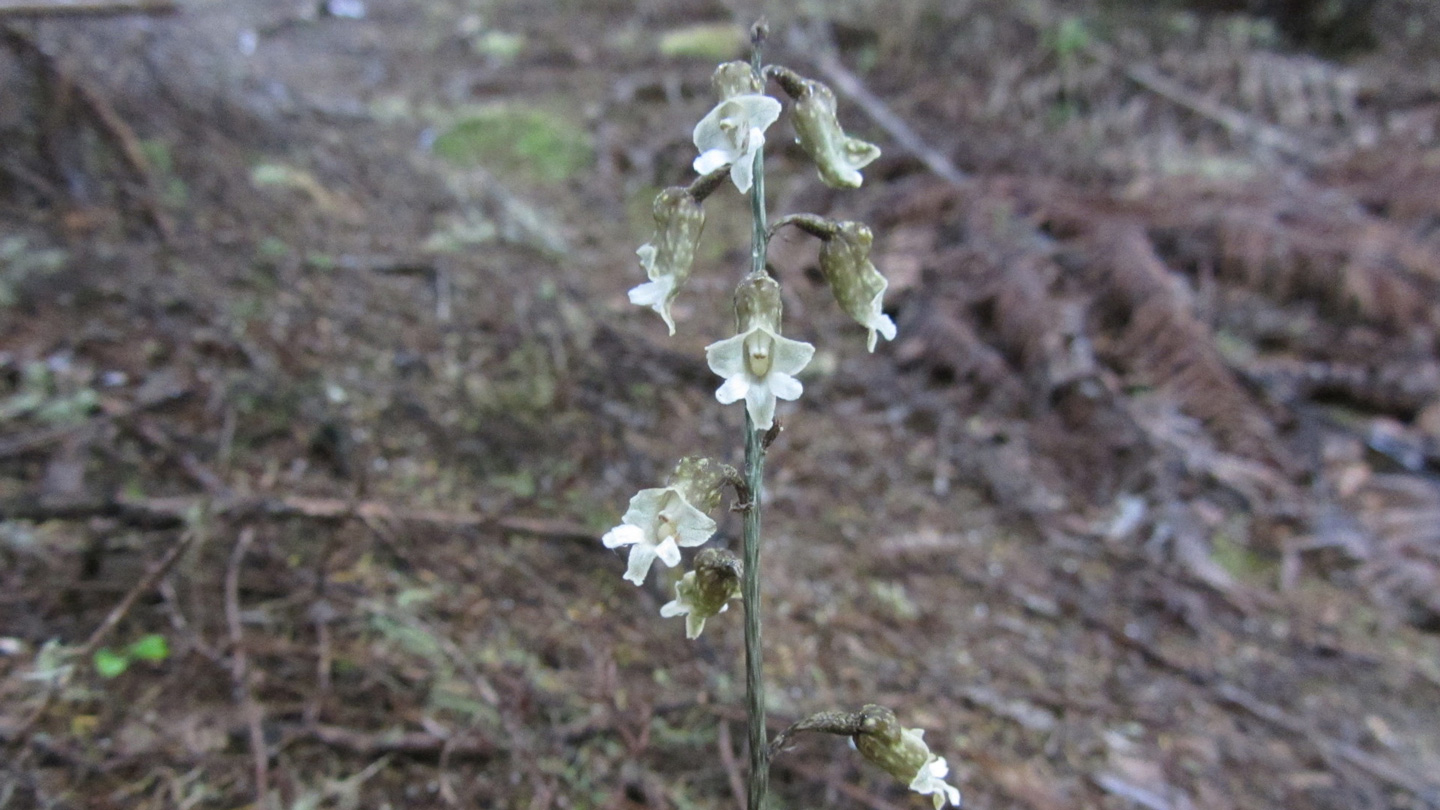In the modern world, it’s easy to take for granted some specialists and structures that keep us healthy or safe on the daily: sanitation workers and pharmacists, bridge beams and highway paint, even fungi and maggots (and soon their secretions?) — to name a few. Most of us could add environmental scientists to that list.
Whether or not you have met an environmental scientist in the flesh, it’s a solid bet that their work has shaped your life, often for the better. This can apply to daily physical and mental health support or countless civic systems that benefit our lives, given the broad reach of the field. But what is an environmental scientist?
What Does an Environmental Scientist Do?
At its core, the field of environmental science typically involves identifying and limiting harm between humans and the natural world. The pursuit often illuminates how that harm can go both ways.
Specialists in this arena generally monitor and probe interactions between humans, animals, plants or other forces of change, like chemicals.
As such, the field is inherently interdisciplinary, often overlapping with expertise in chemistry, atmospheric physics, oceanography, glaciology, hydrology, ecology and more, according to Harvard University, which offers tailored paths within a respected environmental science program.
Despite its broad scope and application, the framework for this university program and training globally only emerged in the 1960s and 1970s, often alongside our understanding that climate change and environmental shifts are interconnected with human action.
Read More: Debunking 3 Common Climate Change Myths
Careers With Environmental Science Degree
Job opportunities for people with environmental science degrees range from conservation and public policy analysis to energy management, urban planning and commercial development.
As an example of the demand for such skills, consider the operations at any industrial factory, where waste products might contain toxicants. Analyzing these compounds and their potential impact on humans as well as the surrounding ecosystem is vital to developing a responsible management protocol and keeping nearby residents safe.
That’s why both private companies hire environmental specialists as well as city, county, state and federal governments. These roles often help with permitting, regulations and oversight.
Demand for Environmental Science Jobs
As climate change and public hazards have gained global awareness in recent decades, so too has the demand for environmental science jobs.
In the U.S. alone, an estimated 80,000 environmental scientists and specialists jobs were reported in 2021, according to the U.S. Bureau of Labor Statistics.
That employment figure is projected to increase 5 percent by 2031.
The growing wind energy sector — now expanding offshore in the U.S. — offers a prime example of new opportunities for this type of work.
As the U.S. Department of Energy greenlights new wind projects, environmental scientists are assisting with the permit process, establishing new regulations, communicating policy changes and conducting impact studies required for any facility. Many other industries face similar demands.
The pay in this field isn’t bad either. The median salary for environmental scientists in the U.S. came in at $76,500 (nearly twice the average across sectors), per the 2021 labor report; as to training, the typical entry-level environmental specialist has a bachelor’s degree, though graduate degrees are often preferred in the field.
Read More: U.S. Wind Energy Is (Finally) Venturing Offshore














